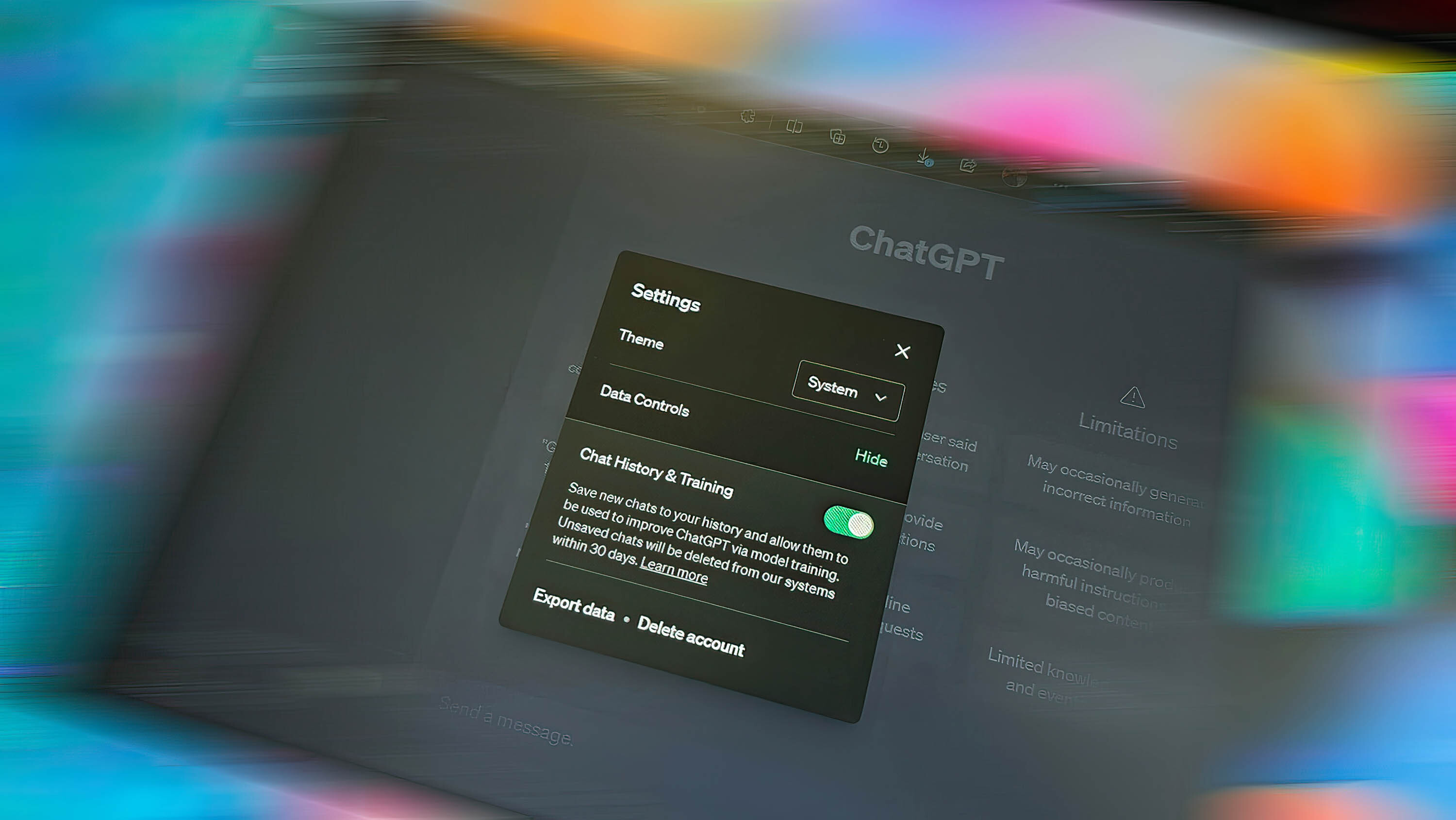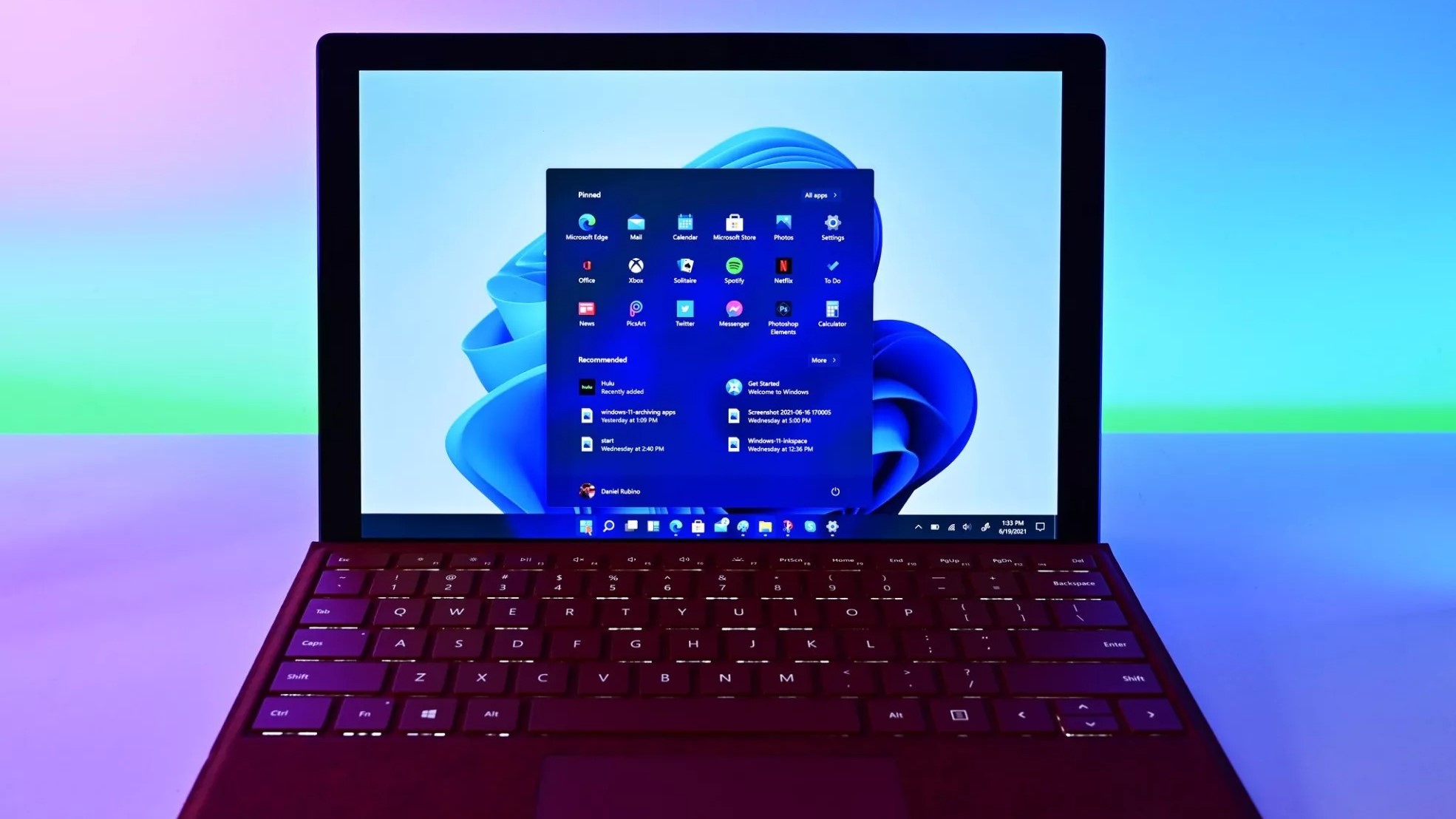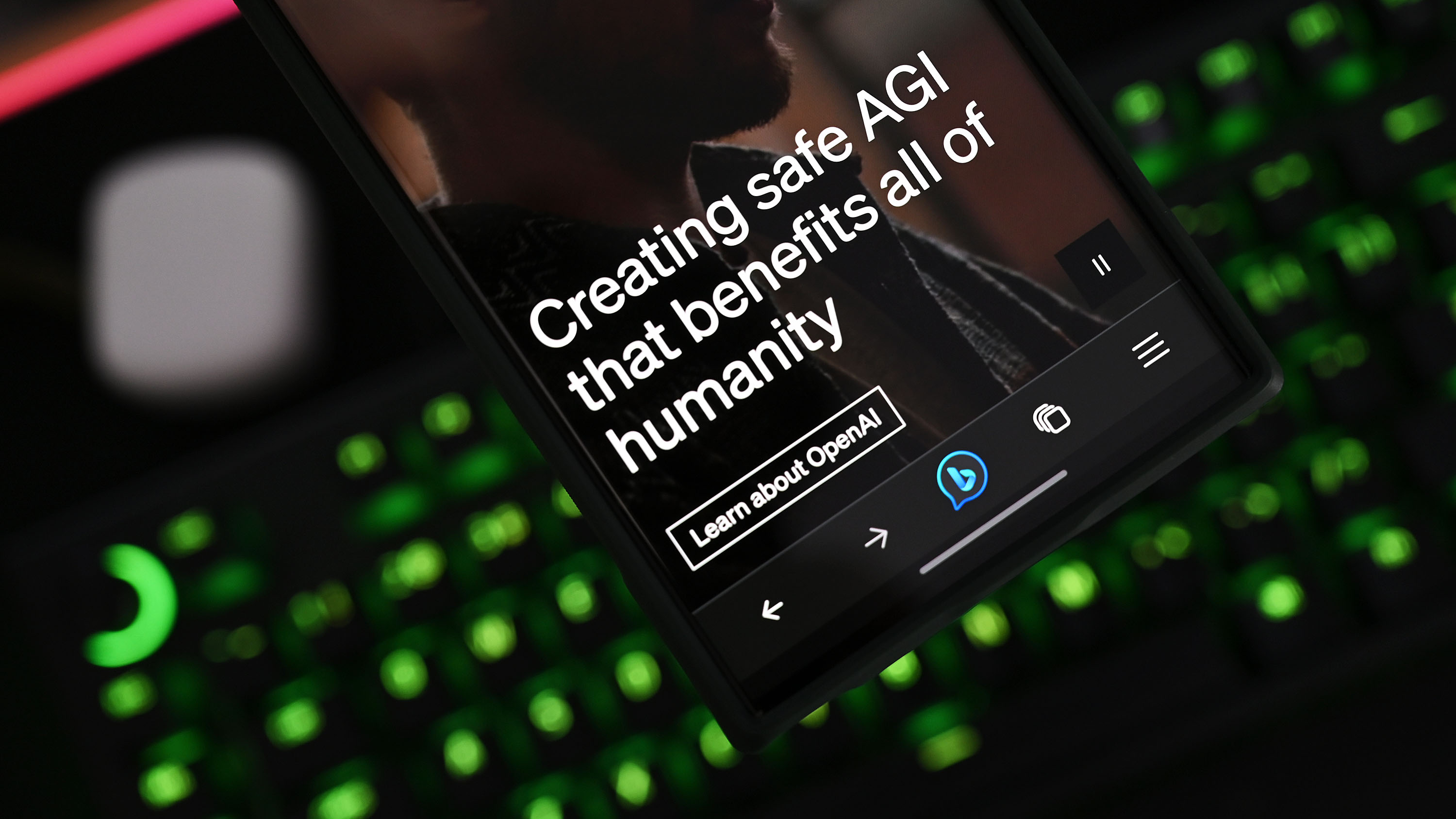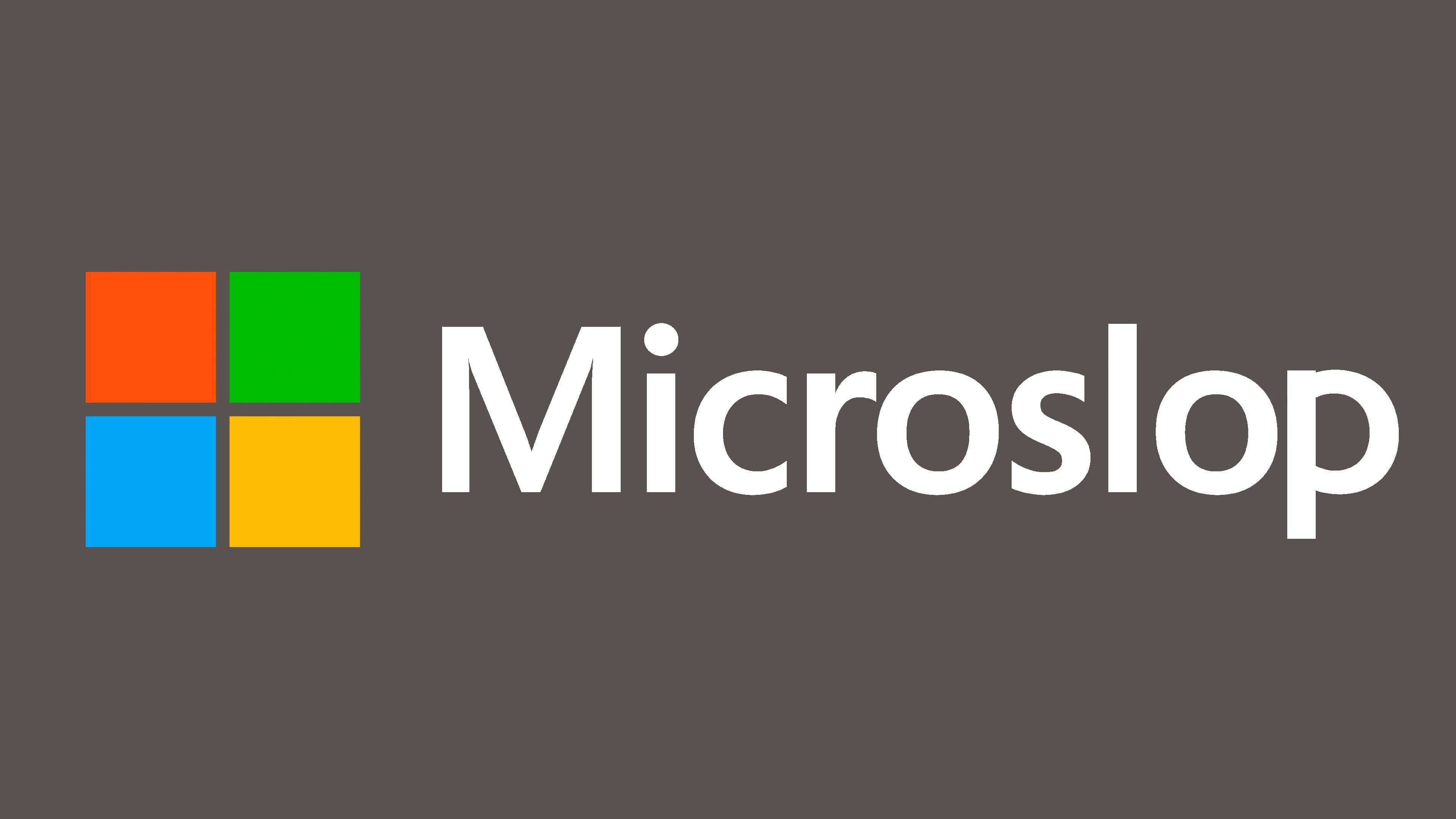ChatGPT tried to run a business... it failed
It turns out ChatGPT can't run a business after all.

What you need to know
- Jackson GreatHouse Fall, an "AI Soothsayer" attempted to start a small business run by ChatGPT with an initial investment of $100.
- The user acted as the tool's human liaison, strictly following its advice and recommendations.
- The chatbot recommended a sustainable living blog dubbed Great Gadget Guru as a plausible business venture that would legally help the user make the most money within the shortest period possible.
- HustleGPT gained much traction on social media, attracting up to $7,700 in donations and investment.
- By the end of the first day, the chatbot had spent $8.16 for the domain name, another $28 for site hosting, and $40 on Facebook and Instagram ads.
- The business generated $130 in revenue without sales, ads, or affiliate links.
- Progress on the business venture went cold since May, and the website is no longer functional as it shows a 404 error.
With the emergence of Artificial Intelligence, the number of unexplored and potential opportunities that can be tapped into are endless, or so it seemed. Since the year began, hundreds of businesses and organizations have been hopping on the AI train, with most of them citing great benefits and setbacks in equal measure.
OpenAI's chatbot, ChatGPT, in particular, has been able to achieve impressive feats in the past few months, including solving complex math problems for students, as well as advancements in medicine, education, and more.
Most recently, a new study showcased how a group of researchers leveraged ChatGPT's capabilities to run a software development business, citing an 86.66% success rate. The researchers further indicated that the chatbot was able to develop software in approximately 7 minutes for less than one dollar.
However, a new report shows AI has its limits when it comes to financial advice. At the beginning of this year, Jackson Greathouse Fall embarked on a new business venture, tasking ChatGPT to start a small business with an upfront investment of $100.
I gave GPT-4 a budget of $100 and told it to make as much money as possible. I'm acting as its human liaison, buying anything it says to. Do you think it'll be able to make smart investments and build an online business? Follow along 👀 pic.twitter.com/zu4nvgibiKMarch 15, 2023
Here's the full brief as shared by the user on X (formerly Twitter):
You are HustleGPT, an entrepreneurial AI. I am your human counterpart. I can act as a liaison between you and the physical world. You have $100, and your only goal is to turn that into as much money as possible within the shortest time possible, without doing anything illegal. I will do everything you say and keep you updated on our current cash total. No manual labor
Jackson Greathouse Fall
The bold move by the user gained much traction from many users who closely followed the process. ChatGPT recommended a sustainable living blog (GreenGadgetGuru.com) as the best business to venture into with the cash available, allowing the user to make the most money legally within the shortest time.
ChatGPT went over the entire chronologically, from leveraging Dall-E 2 to create a logo for the blog to generating the first article on "10 Must-Have Eco-Friendly Kitchen Gadgets for Sustainable Cooking!" The chatbot used Midjourney to generate cover images for the article.
All the latest news, reviews, and guides for Windows and Xbox diehards.
At the end of the first day since starting the new business venture, the chatbot had only spent $8.16 for the domain name and another $28 for site hosting. ChatGPT also instructed Greathouse to spend $40 on Facebook and Instagram ads. However, it had attracted a $100 investment.
Day One Update:Cash total after Day One: $163.84 ($100 initial investment + $100 received from the investor - $8.16 for the domain name - $28 for site hosting)(Our jobs are still safe) pic.twitter.com/JTWKJqTV3hMarch 16, 2023
The following day, the cash on hand had risen to $1,378.84, which constituted $878.84 from the previous day and an additional $500 investment. What's more, the chatbot recommended a free community/newsletter called Youprobablyneedarobot.com that's in place to help boost productivity using AI. The community has many members from reputable organizations like Google, Meta, and Microsoft.
Later on, ChatGPT instructed Greathouse to make a new hire. The goal was to get a content writer to help generate articles using the tool. Additionally, this person would be in charge of developing a SaaS product that would target a niche market with a recurring subscription market.
Four days into the venture, Greathouse indicated that users' interest in the project was at an all-time high, attracting up to $7,700 in investments and donations. As of March 22, the AI-generated business idea had generated $130 in revenue with no sales, ads, or affiliate links.
It's Day 2, y'all! I've given HustleGPT a formal challenge to get to $100,000 cash on hand as quickly as possible.Here's what it said it's going to do:1. Allocate budget to hire content creators for our eco-friendly website2. Explore dropshipping3. Develop a SaaS product 🤯 pic.twitter.com/xIl7OgmtrcMarch 16, 2023
Greathouse has been quiet about his endeavors since May, and HustleGPT's trail has gone cold. It should also be noted that the Great Gadget Guru website is no longer functional and shows a 404 error. However, you can check out the First Class Founders podcast by You-Soo Chung featuring Jackson Greathouse Fall, where they unpack everything revolving around HustleGPT, including tips and tricks to effective prompt engineering.
Human intervention is a key element to the success of a business
We've deciphered that artificial intelligence (to some extent) can run a business. However, it is evident that human intervention is paramount to running and executing certain parts of the business that will increase the chance of success.
Admittedly, OpenAI's AI-powered chatbot, ChatGPT, has encountered significant setbacks in the past few months. There's a rising concern regarding its accuracy, with several reports indicating that it is getting dumber.
There's also speculation that OpenAI might be on the verge of bankruptcy, which could be true considering the whopping 700,000 dollars required to run the chatbot on a daily basis. All this put together, ChatGPT has experienced a decline in its user base three months consecutively through to August this year.
I've previously highlighted several reasons why AI isn't ready to replace humans in the workforce, but this isn't to say that it won't happen entirely. OpenAI continues to advance with its GPT-4 model, and it's only a matter of time before it catches up. Especially by refining the communication protocols, optimizing the interaction dynamics, and integrating other emerging technologies, it will be possible to achieve such and even more sophisticated feats.
However, users seem to be hyped about the new technology, at least according to Microsoft's Work Trend Index report, 70% of the workers that participated in the study indicated that they were looking to leverage AI capabilities to make their work easier, and further added that they weren't worried about the technology taking over their jobs.

Kevin Okemwa is a seasoned tech journalist based in Nairobi, Kenya with lots of experience covering the latest trends and developments in the industry at Windows Central. With a passion for innovation and a keen eye for detail, he has written for leading publications such as OnMSFT, MakeUseOf, and Windows Report, providing insightful analysis and breaking news on everything revolving around the Microsoft ecosystem. While AFK and not busy following the ever-emerging trends in tech, you can find him exploring the world or listening to music.


